
Let me guess, you are either; looking to start your business/company and you have all these digital products to build but unfortunately, no coding background to build them. Or you've been hearing about the term "no-code tools" and wonder how you can use them to optimize your business operations or next project.
First things first, let's demystify the term itself.
What are no-code tools?
Simply put, no-code tools or no-code development is the building of digital products (e.g. web apps, mobile apps, automations, etc.) without coding.
No-code tools don't require any coding, which means me and you can use these tools to create platforms and systems that would otherwise have required us to enroll for a three-year Computer Science course first. Businesses are able to build just about anything, from web applications, to websites, and just about anything without writing a single line of code.
So why No-Code tools?
No-code allows you to:
Build faster
Make easier updates
Iterate based on feedback quickly
If your business is not using no-code tools, you could be missing out on an opportunity to save time and money, increasing team efficieny and hitting the targets essential for your business to grow.
I have selected from a long list of no-code tools, the top ten that I guarantee will reflect well on your company's balance sheet when you incorporate them in your business. The best part? Some of them are free.
10 no-code tools to use in your business
Bubble - Building no-code web apps
This application development platform brings utmost simplicity to the process of building web apps. Bubble helps businesses create apps that work well on both web and mobile browsers. Bubble also handles the deployment and security of your app. The platform is interactive, intuitive and user-friendly.

Webflow - Building websites
What Webflow does is it turns HTML5, CSS3, and JavaScript codes into a fully visual canvas that saves the user the time and complexities of having to deal with the code itself. What's unique about Webflow is that the designer is completely visual and its animations and online stores build in HTML5, CSS, and JavaScript. Webflow also allows you to add custom code before or even after launching the website. The platform is free until the time to launch your website.
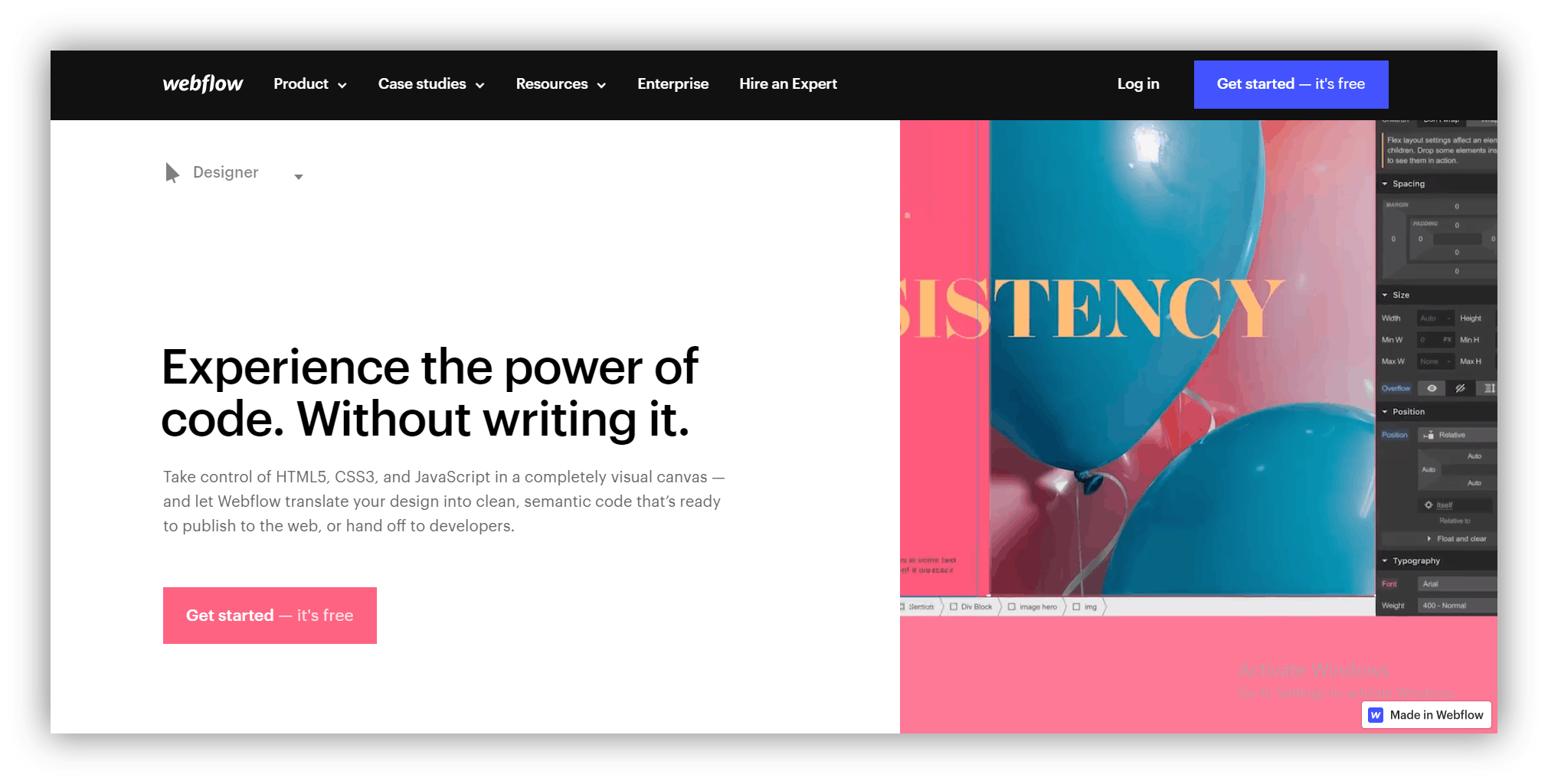
Canva - Graphic Design
I must admit, I was quite late when I joined Canva about three months ago. At the time, I was looking to launch a start-up and needed to design a logo and a visually stimulating Twitter header and Canva did a good job. For any graphic design tasks, Canva is the answer. Use it to create social media posts, presentations, posters, videos, logos and more. It's interactive and easy to use, with most of its navigations being visual and easy to understand. Did I mention it's also free.
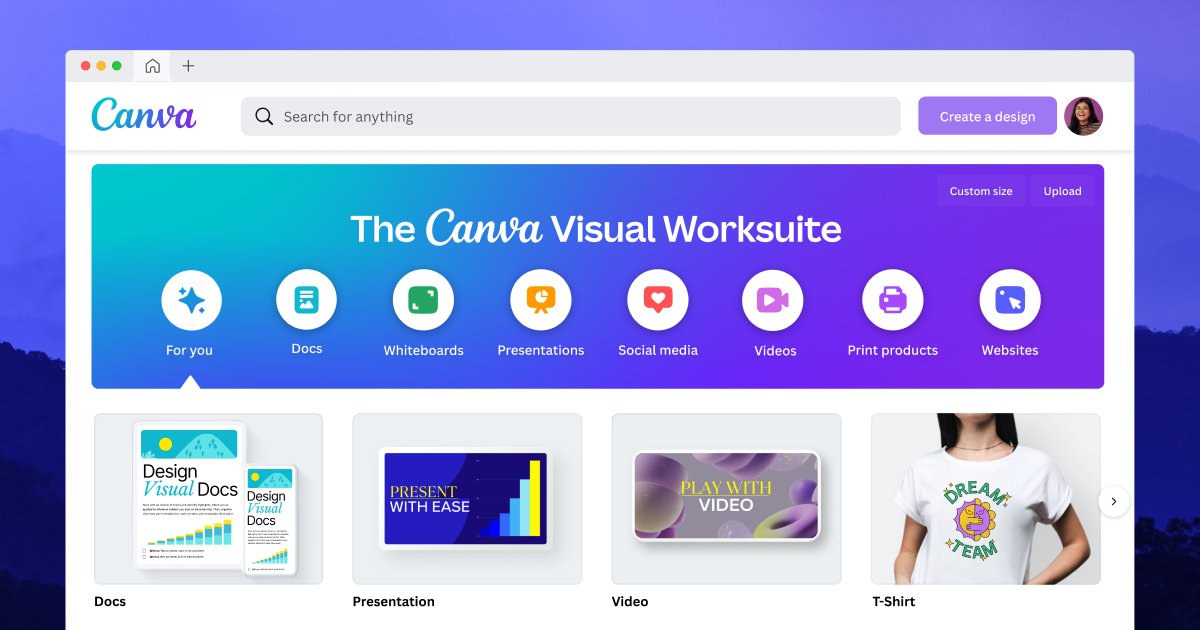
Notion - Note-taking and idea-organizing platform.
Notion is one of the most powerful no-code tools for planning and organizing. It allows you or your business to take notes, track your progress, create a mood board for art, and organize project details. You might need to take your time to learn the ins and outs of the platform first in order to get the best out of it, but once you do, the experience is totally worth it.
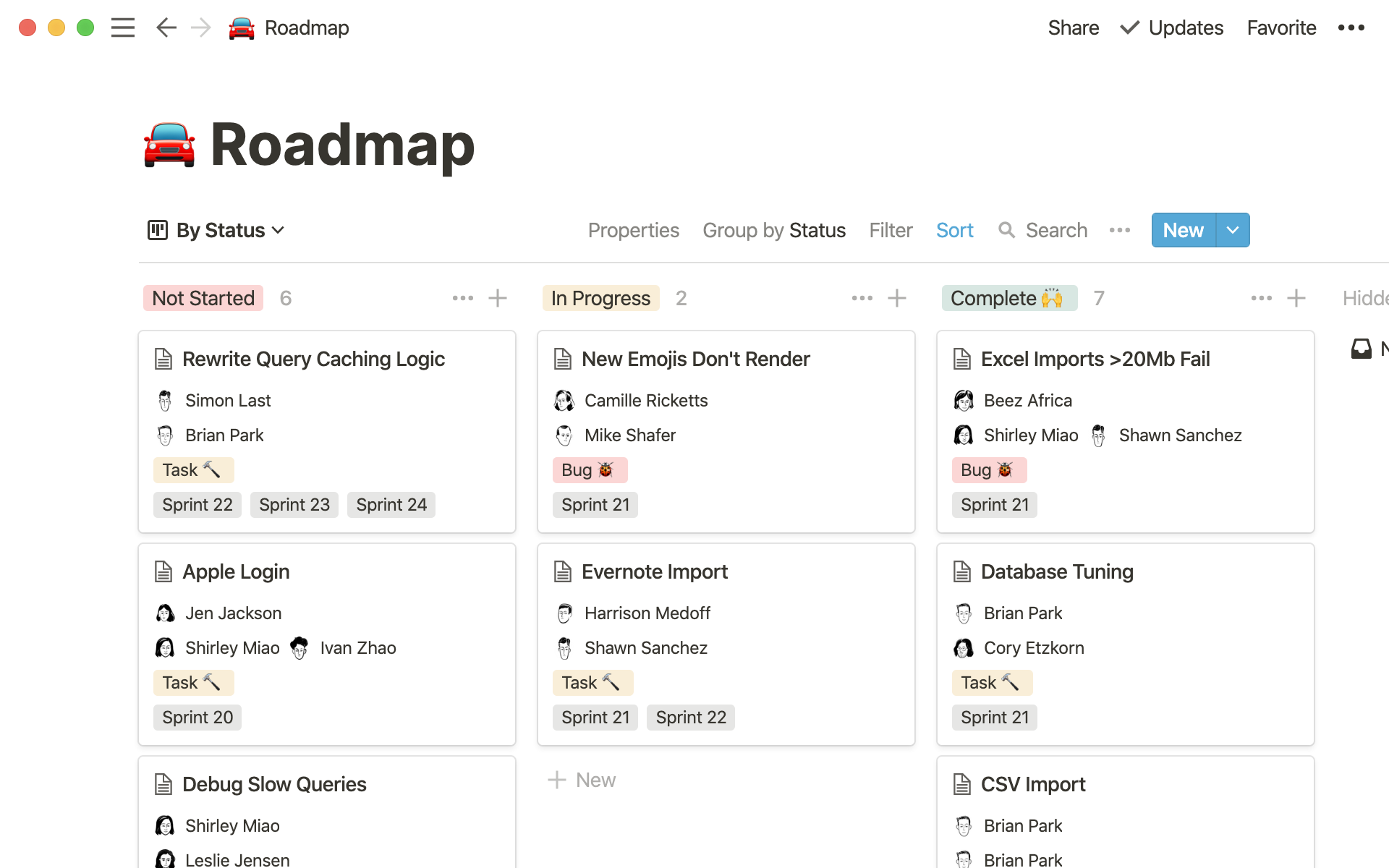
You can use Notion for your business to;
Track goals
Create design systems
Automate using API
Track and manage content
Manage complex projects
Airtable - Spreadsheet and Database management
Airtable is a no-code tool for building spreadsheets and databases tailored to your business needs. It is a database creation powerhouse — designed to let you easily organize your company's data in one place, swipe and tap your way to fully custom databases which it uses to power the visualizations, processes, and integrations that make up a custom application that's truly unique to you. With Airtable, your data is one place and can be integrated with many other platforms for example to to assign tasks and deadlines, track projects, and monitor budgets with its visual user interface.
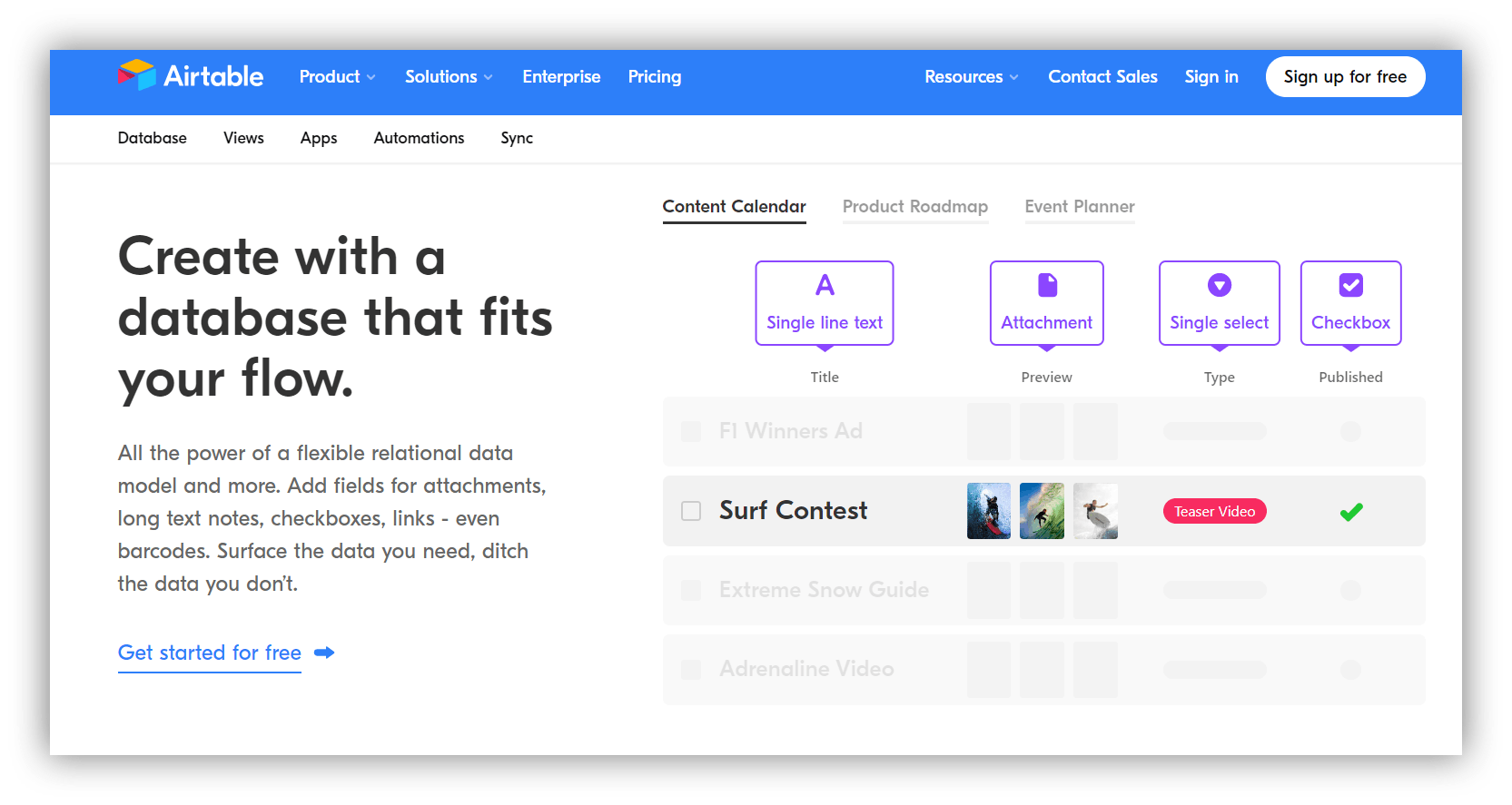
Linktree - Link bio tool
You probably have interacted with this one already if you use social media. Linktree allows you to create and customize your bio link in minutes. It helps your business share links to its socials, website, store, videos, music, podcast, events and more in one place.
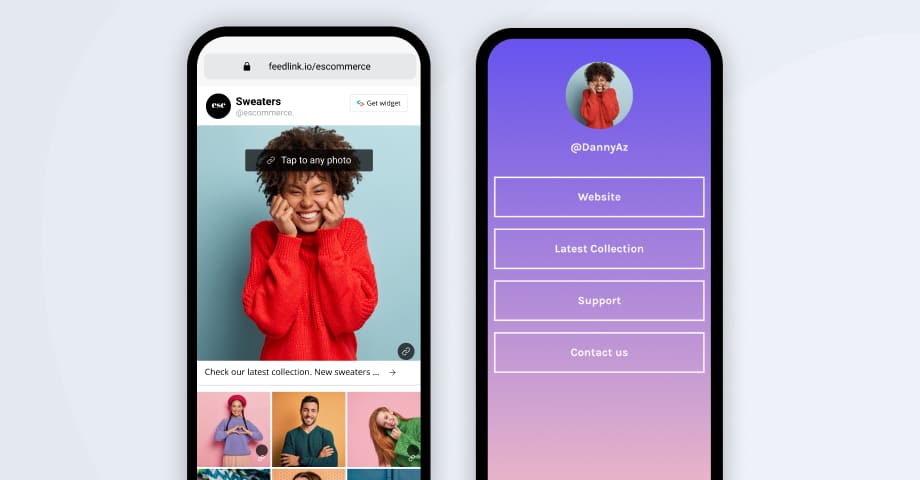
Zapier - Online automation tool
Zapier is a no-code workflow automation tool that takes the tedious job of managing your business' repititive tasks so that you and your staff can focus the larger part of your time to what matters.
Here's an example;
Zapier can notify you on Slack every time you receive a new email in Gmail by copying the attachment into your Dropbox folder and sending you an alert. This can save you the time spent by your team on such time-consuming technical tasks.
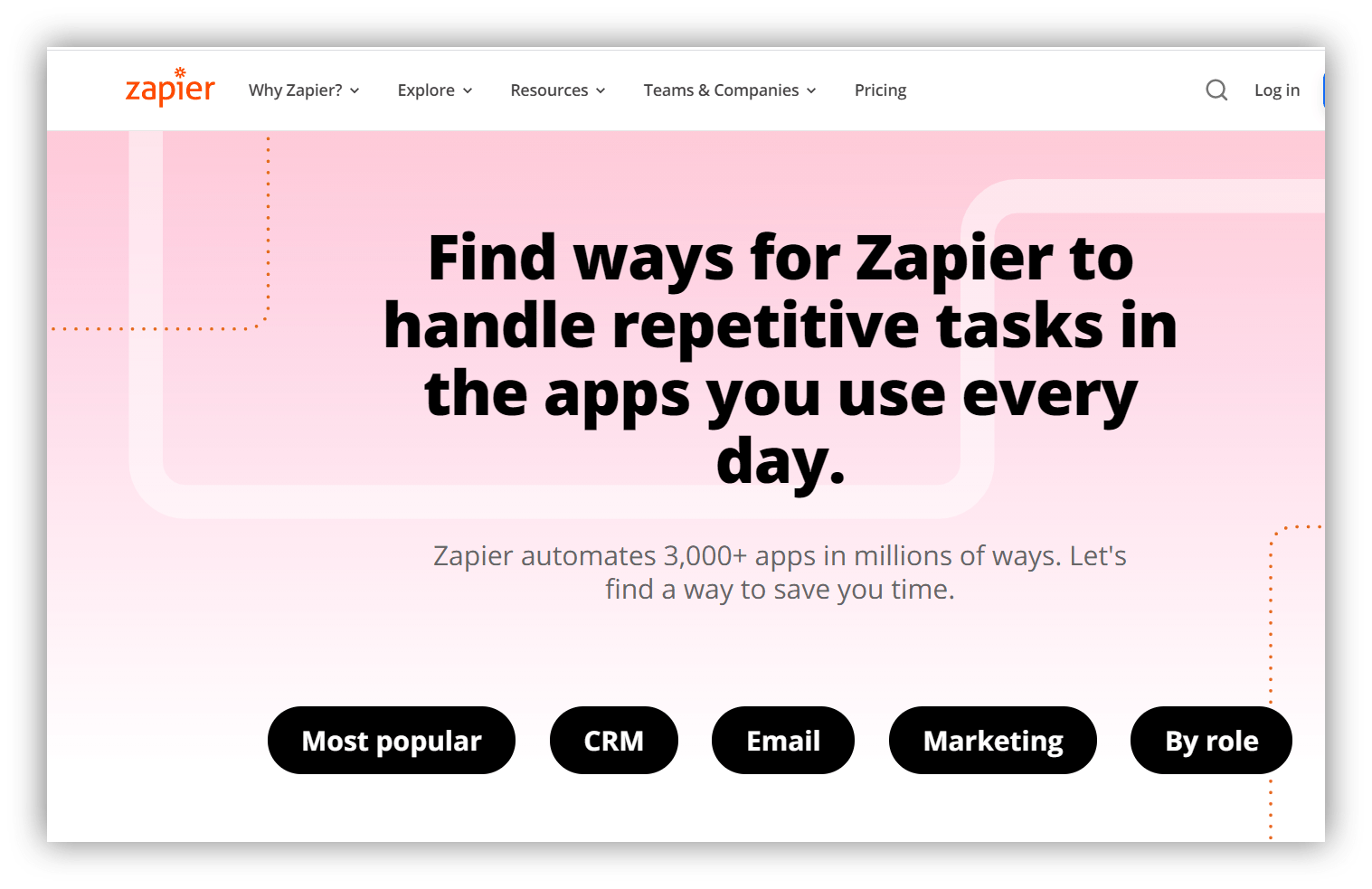
Typeform - Building online forms and online surveys
Typeform allows you to create user-friendly and interactive forms people want to fill in. This no-code tool has wide-ranging applications, from forms for surveys, market research, lead generation, customer feedback, and much more. Typeform makes the process of collecting and sharing information comfortable and conversational for your target market.
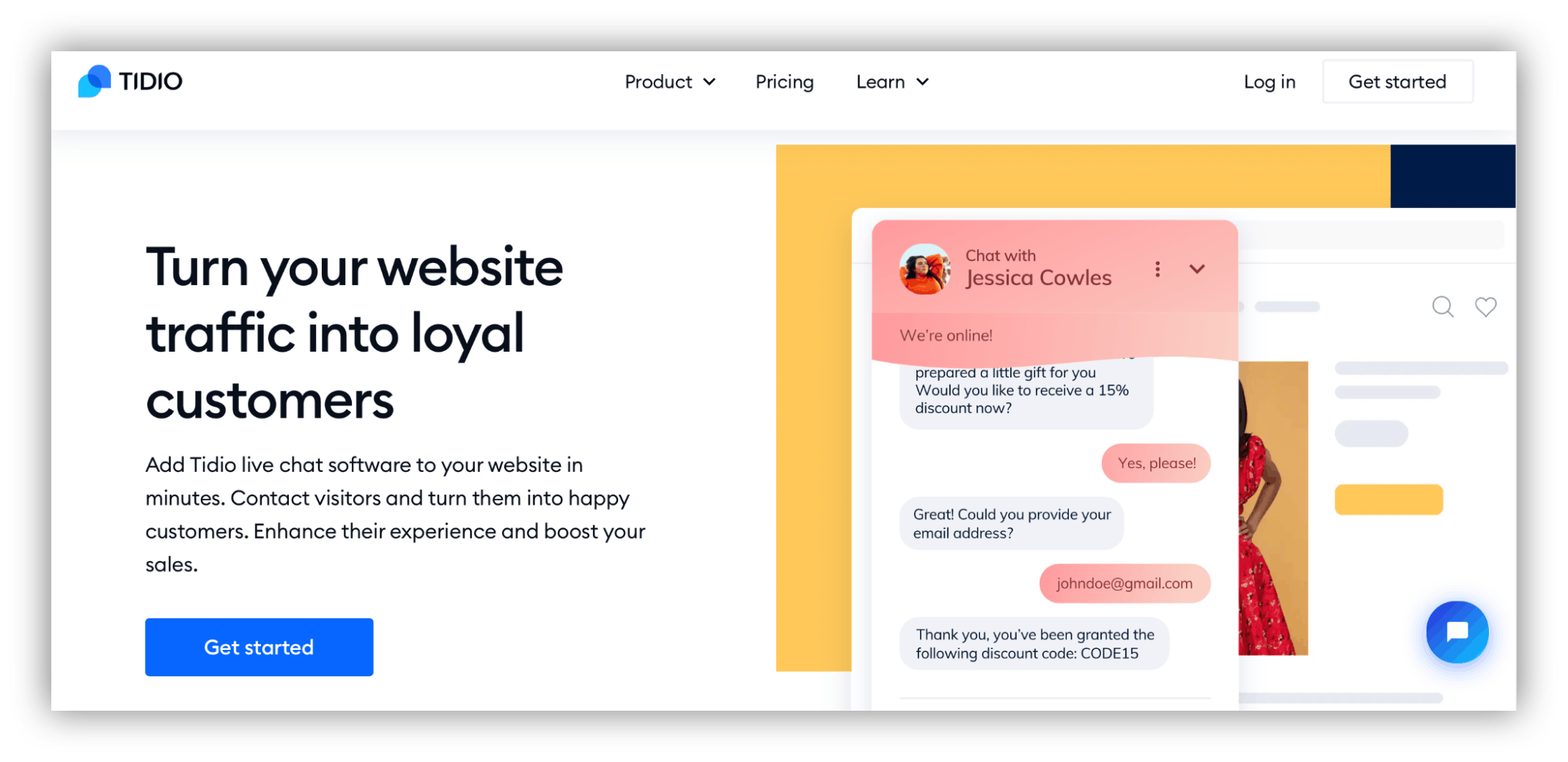
Gumroad —Selling
Have you been working on a product but don't quite know how to get it in front of your customers yet? Here's your answer. And for businesses looking to scale their businesses to gloabal reach, Gumroad makes the process easy and fulfilling. It is a very simple and friendly shopping cart for anyone that lets you quickly start selling products online. You can sell anything on Gumroad. Creators can sell videos, files, software, PDFs, ebooks, subscriptions etc. The platform also allows you to interact with your audience through emails, drip content, growing followers, and access to sales data.
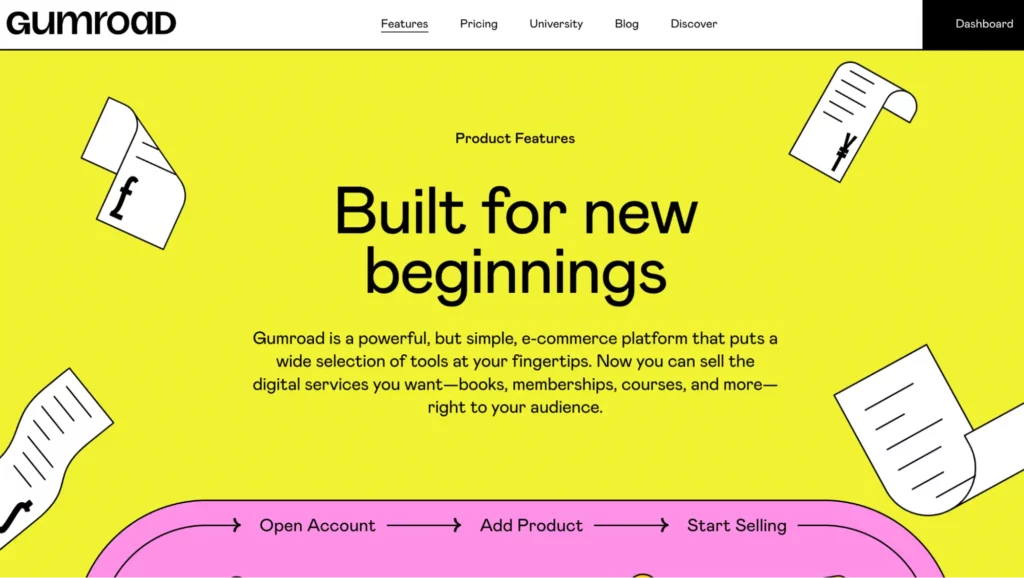
Figma - UI/UX Design
Figma is a cloud-based no-code design tool for interface design, with additional offline features. This platform makes it possible for everyone who designs interactive mobile and web applications to collaborate through multi-player workflows, sophisticated design systems and a rich, extensible developer ecosystem.
Figma was recently acquired by Adobe.

Figma's unique features provide;
Accessibility and collaboration
Flexibility to iterate and produce deliverables
Ability to build prototypes and test
Establishing a single source of truth
Smooth handoff to developers
Room for improvement with plugins.




